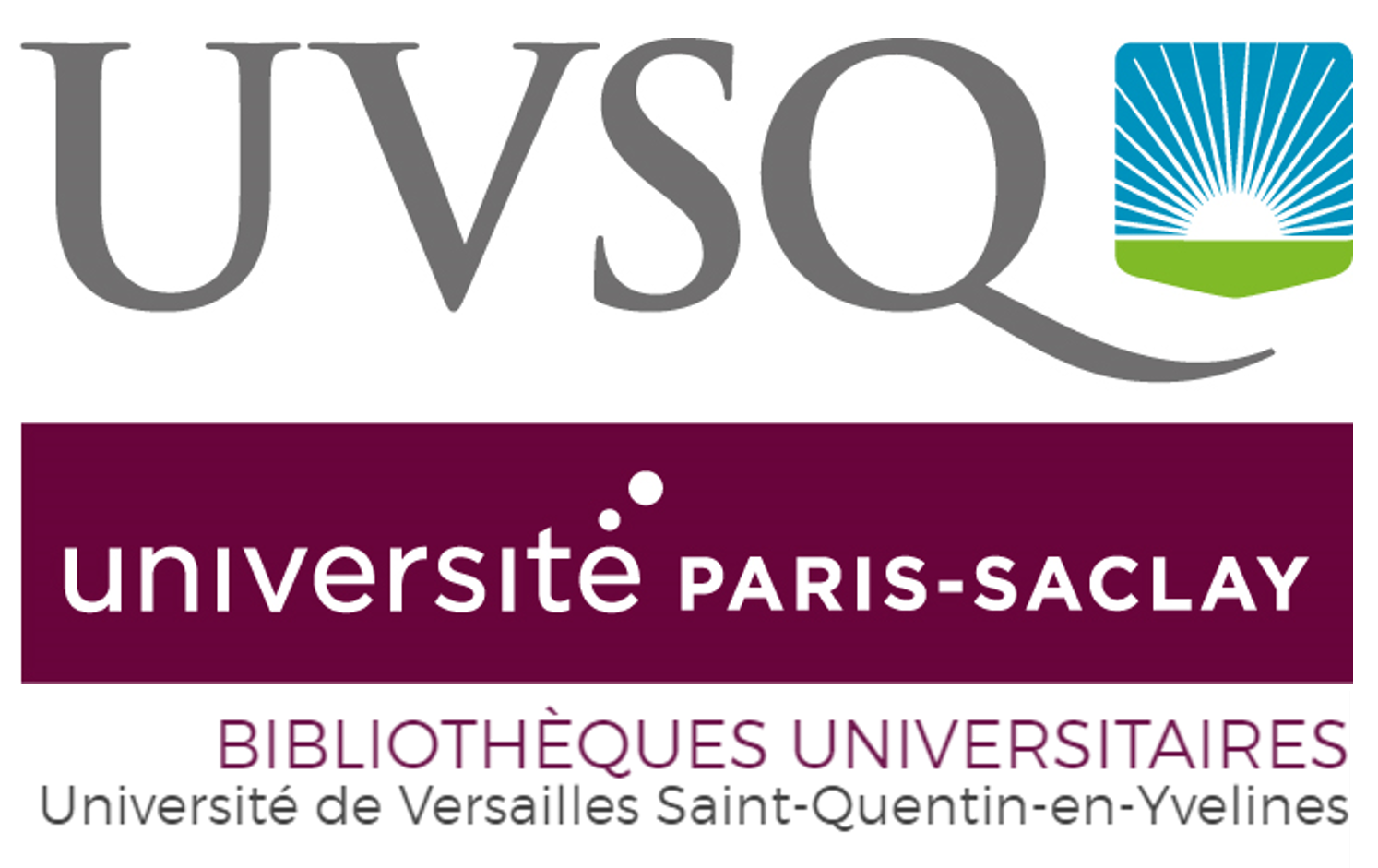The corruption and income inequality puzzle: Does political power distribution matter?
Résumé
The literature on income inequality outcomes of corruption is so far inconclusive. The counter-intuitive idea that corruption may reduce income inequalities and increase social welfare challenges the conventional view of the harmful impact of corruption on income distribution. This paper provides new insights into the corruption-income inequality nexus by emphasizing the role of political power distribution. We find that lower levels of corruption are associated with reduced inequalities at the world level regardless of corruption types. However, a closer look reveals that the counter-intuitive relationship holds only in developing countries due to the uneven distribution of political power. In such countries, income inequalities decline as corruption rises because the uneven distribution of political power leads non-dominant groups to engage in corruption to access public services they are entitled to or get credits to support their income-generating activities.
| Origine | Fichiers produits par l'(les) auteur(s) |
|---|




